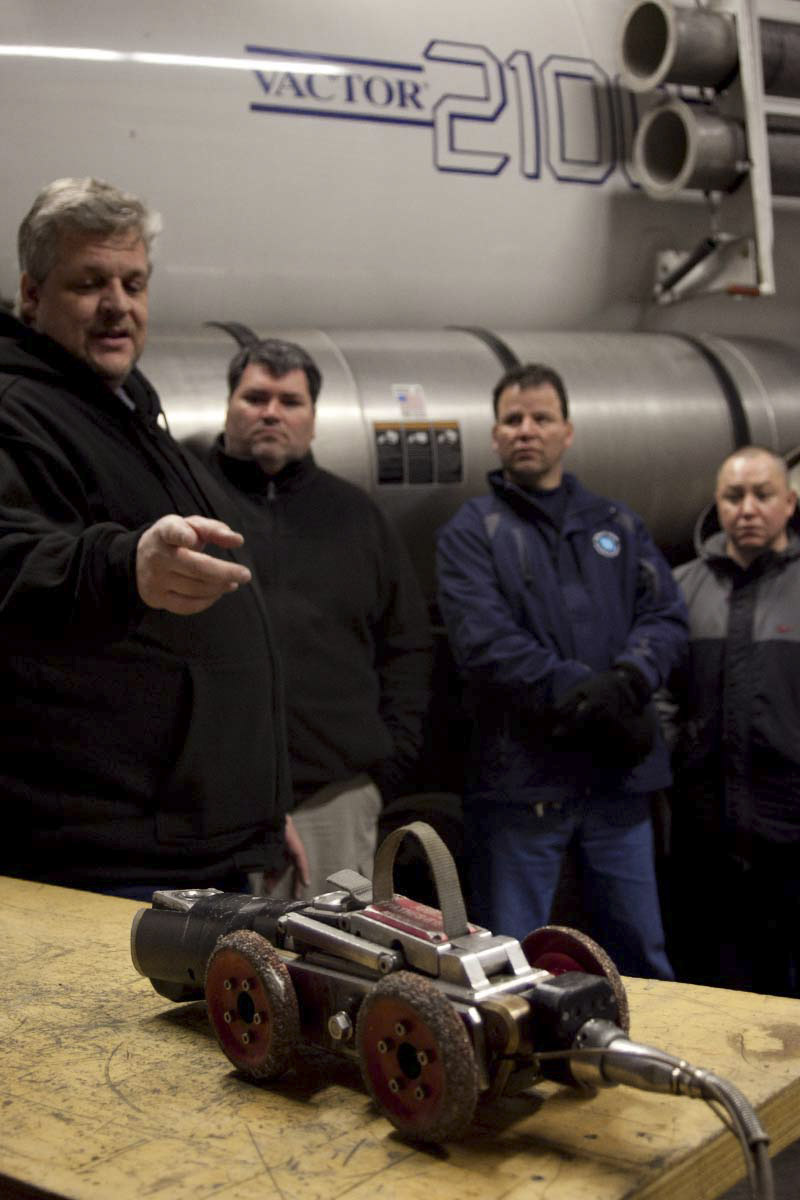The Water Environmental Technology Program (Water Environmental Technology AAS, Wastewater Collection & Treatment Certificate, and Water Distribution & Treatment Certificate) has been discontinued and is no longer admitting new students.
Pikes Peak State College is committed to supporting current Water Environmental Technology students through their graduation. For current students completing the Water Environmental Technology AAS or Certificates, please contact Kristi Ramey at (Kristi.Ramey@pikespeak.edu) or (719)502-2028.

The Water Environmental Technology AAS has been discontinued and is no longer admitting new students.
The Wastewater Collection & Treatment Certificate has been discontinued and is no longer admitting new students.
The Water Distribution & Treatment Certificate has been discontinued and is no longer admitting new students.